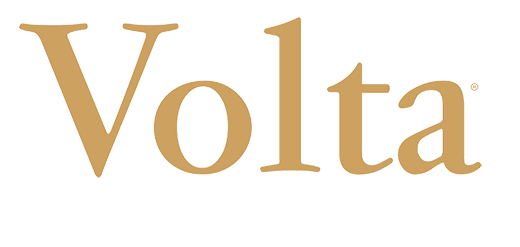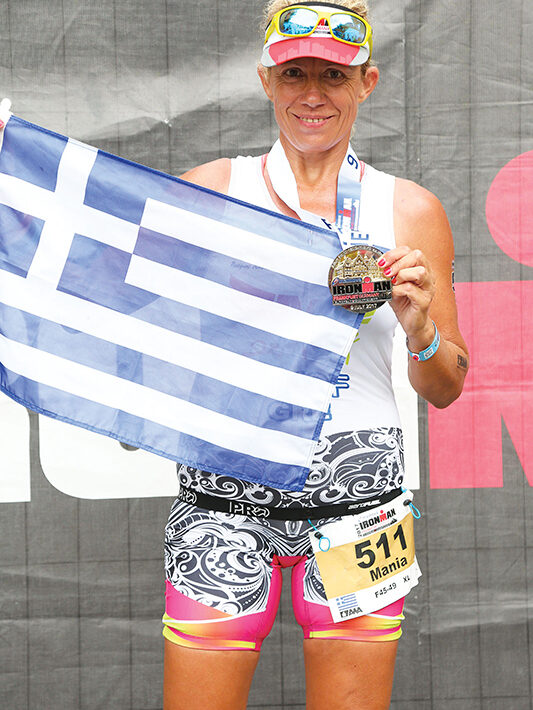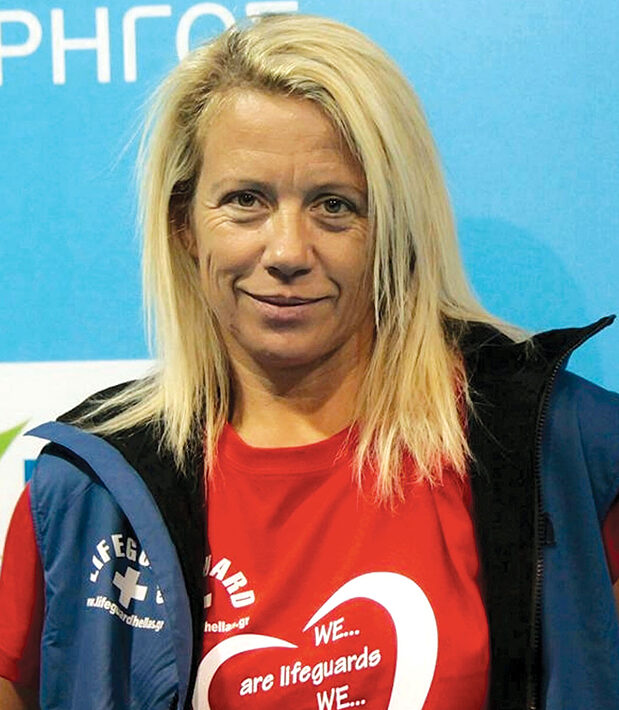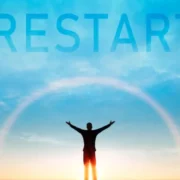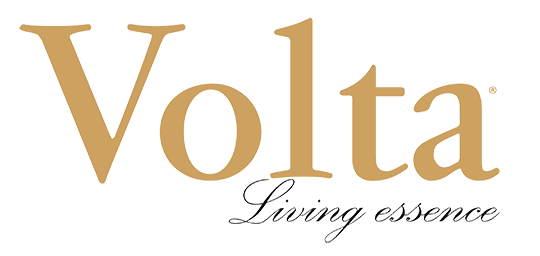Mania Bikof – The power woman
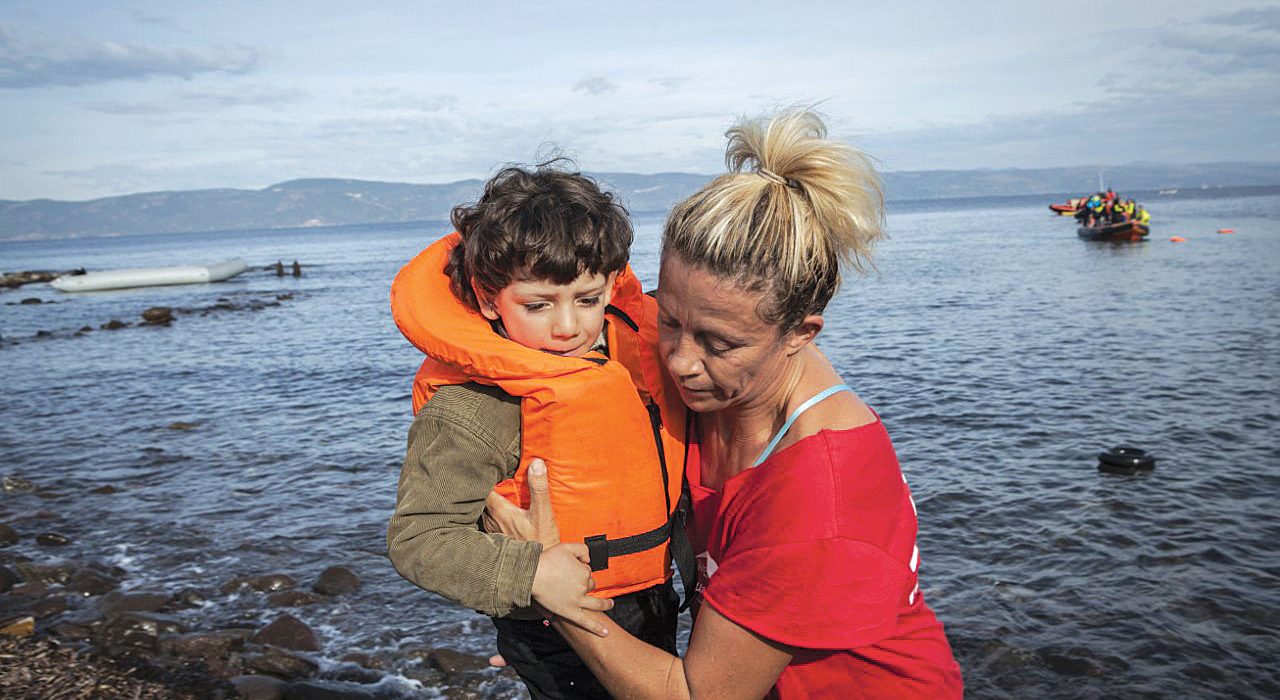
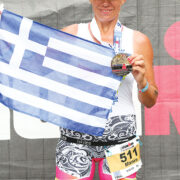
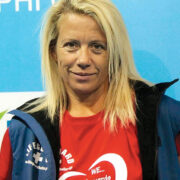
The athlete, lifeguard, volunteer, and mother of four primary school aged children, as well as the founder of Lifeguard Hellas shares her experiences during risky volunteer missions and her athletic distinction in the Triathlon. She shows us through her own example that age is not a barrier, and we all have a moral responsibility to volunteer. We met Mania Bikof at The Vouliagmeni Nautical Club.
You are a former water-polo champion with the women’s team here, and now your children are training here. How does it feel for you to return to this club once again?
I first came here as a transfer from Chania before I turned 18. This club became my second family. Sotiris Antoniades and all the members were always with open arms and my first year was accompanied by the first Pan-Hellenic Women’s Championship. Later there were significant distinctions in Europe under the guidance of Vangelis Roupakas and with my teammates who have been involved with Greek water polo many years. The fact that I bring my children here completes a beautiful circle of life for me. My wish for them is that they experience the same enormous joy and friendships that the club offered me. Antigoni, Andy I wish you a coaching career matching your talent.
Although you have 4 children, you find time for Triathlon training while winning international awards. How do you do it?
Being a champion keeps you competitive in sports. The triathlon combines swimming, cycling, and running. This requires a mixture of dedication, patience, perseverance, and faith. These have always been within me. I have finished 4 Ironman distance races (1900 m swimming, 180 km cycling, and 42.2 km running) and I have finished 5 half-Ironman events (1500 m swimming, 90 km cycling, and 21.1 km running). With my first-place finish in Xiamen, I qualified for the Ironman World Championship in Hawaii. For the first time in the history of the event, Greek women athletes will participate. My daily routine includes balancing family and workouts, because both require equal dedication, while offering complete satisfaction. Daily training involves huge demands. I am fortunate to have top companies like ON running shoes, my protein supplements, Cirvelo Greece Cycling, Occhio Papavasiliou, and Lake bike shoes. I am currently in discussions with companies which will sponsor preparation and travel expenses to Hawaii, as it is an expensive undertaking to represent Greece with stakes in such a demanding race.
You have earned the highest recognition of voluntary heroism with your volunteer teams of Lifeguard Hellas along the coastline of Lesvos while rescuing migrants. What mental strengths were put to the test in these conditions?
You are referring to the HERO award from the IRMF (International Maritime Rescue Federation), but I will tell you that what I gained as a person and as a volunteer in the group on the “front lines” in Lesvos is much more. All of the values of life were re-born for each of our 300 lifeguards. The mental strength is inexorable, the alertness and coordinated reactions of the team, and the 24 hour “on-call” duty–especially in 2015-2016 when the migrant flows were numerous—tests ones limits several times over. The moment your hands save a life, but also the moment you draw your hands out of the water an icy cold body, remain in your soul. Not one person deserves to endure such hardship in search of a safe land.
You didn’t stop there. Your team was also present for the flood victims in Mandra. How did you find the situation there?
Our volunteer team, Lifeguard Hellas, is present wherever there is need. In the Kapandriti fires, we re-located wild animals to shelters. During the oil slick, we were on the beaches. In Mandra, a city destroyed and full of pain, covered in tons of mud, we organized door to door food delivery beginning the first day. The love and gratitude of the inhabitants filled us with strength and warmed our hearts.
You are the sole Greek international lifeguard trainer from the World Federation. How can it be that in a country like ours so many children do not learn how to swim?
This is a huge and very unpleasant chapter for Greece. We are 1st in the EU and 2nd in the world for the number of drownings per year. Of course there is no justification for not having a basic level of swim training. It is also unacceptable that there are not always lifeguards at each pool and beach. We all need to have at least a basic level of lifesaving knowledge in order to assist ourselves and our fellow swimmers. In our school and through our volunteer team we aim to educate and train others to help eliminate drownings. The applicable lifeguarding laws leave enormous gaps regarding hours and length of time lifeguards are present. We are working to change this, because in a touristic country such as ours, the 360+ drowning incidents per year are way too many.
